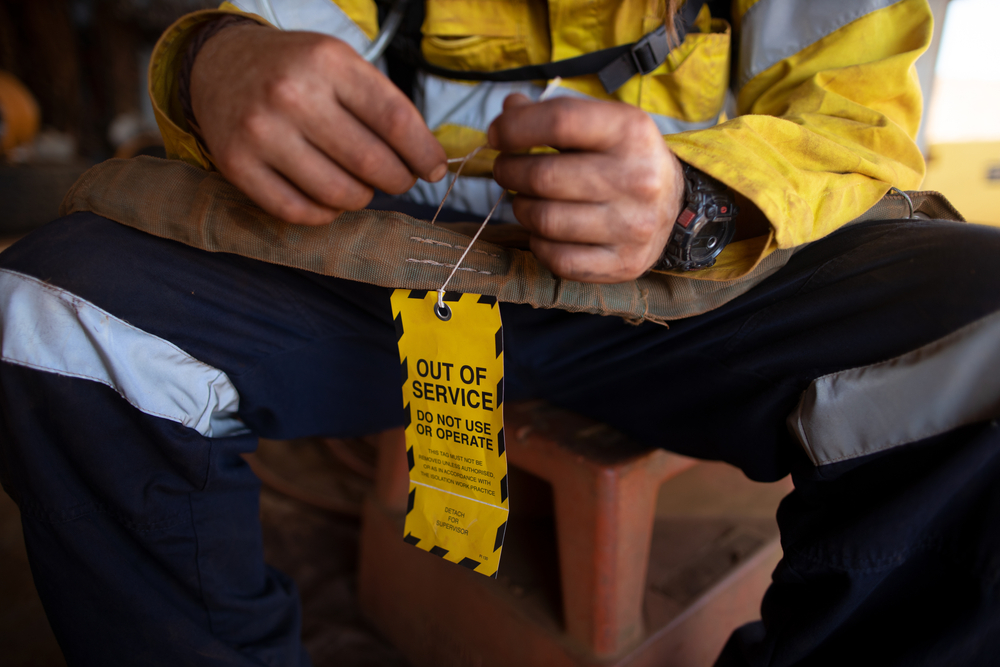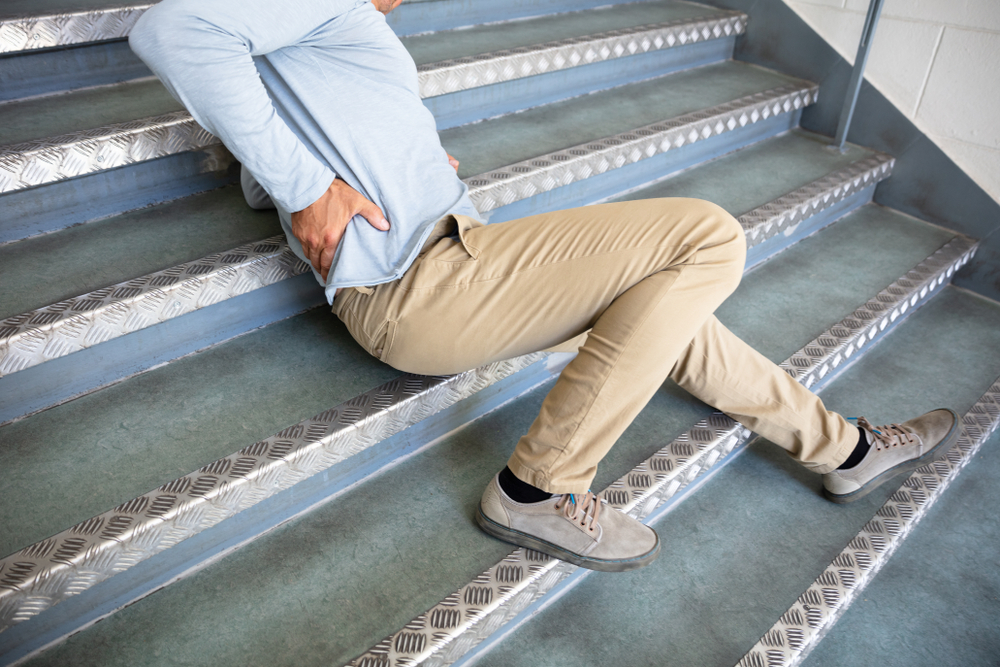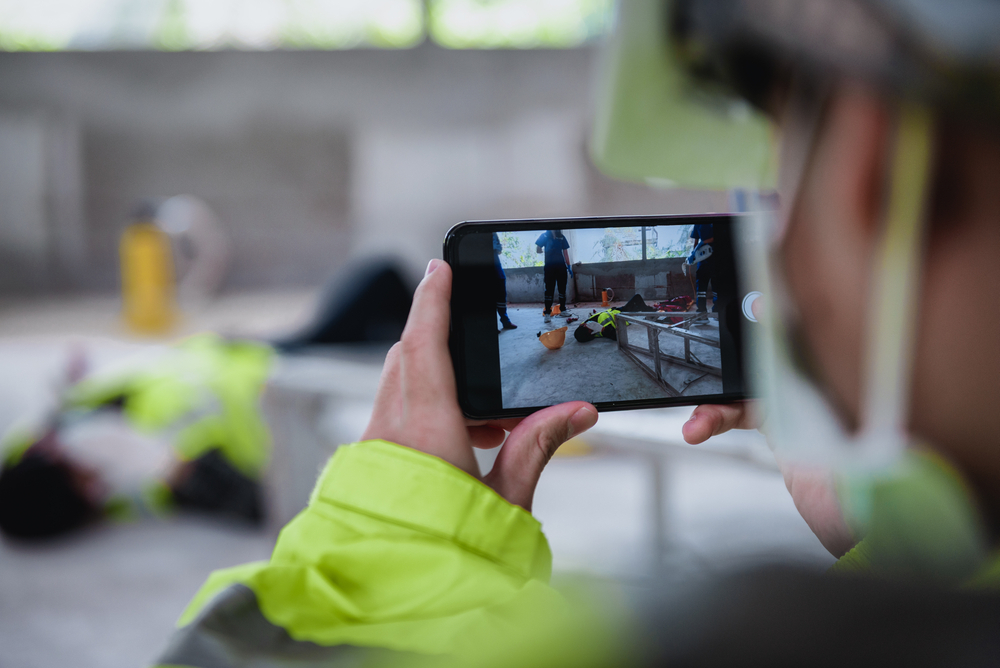A Public Liability Claim is made against a governing body or private company that owns or is responsible for an area to which the public are admitted.
Public Liability Claims
Individuals, businesses and councils are responsible for ensuring their areas are reasonably safe for the public.
Public liability claim arises when an individual suffers an injury due to the negligence of a business, organisation, or public entity responsible for maintaining a safe environment.
This type of claim typically involves incidents that occur in public spaces, such as slip and fall accidents in a supermarket or store, or accidents caused by poorly maintained pathways or public areas.
When and where public liability accident might occur
The potential circumstances in which a public liability claim can arise are many and varied. These can include:
• A claim against a Highway Authority for failure to maintain the pavement, causing a person to trip
• A claim against a supermarket for failing to clear up a spillage, on which a person then slips
• A claim against the owner of the building for failing to provide adequate lighting or a handrail on a set of stairs, which causes a person to fall
• A claim against the owner of a building site who allowed debris to fall from the site which then struck a person walking along the pavement
• A claim against a school for failure to properly supervise pupils, which leads to injury
Making a public liability compensation claim
Whether you’ve slipped and fallen in a store, tripped on a poorly maintained pathway, or been injured by faulty equipment in a public area, you may be entitled to claim compensation for your injuries and associated losses.
The process begins with documenting the incident as thoroughly as possible. This includes taking photographs of the accident scene, collecting contact information from witnesses, and obtaining medical reports that detail the extent of your injuries. Proving that the responsible party failed to take reasonable precautions to ensure safety is crucial to the success of your claim. This might involve showing that the area was poorly maintained, that warning signs were absent, or that safety protocols were not followed.
At Specters, our dedicated team will guide you through each step of the process, from gathering the necessary evidence to negotiating with the third party. We understand the importance of ensuring that your claim accurately reflects the full extent of your injuries, including rehabilitation expenses, lost wages, and any impact on your life.

Our public liability solicitors
Frequently asked questions
Can I make a claim if the accident occurred on public property?
Yes, you can make a public liability claim if the accident occurred on public property, such as a park, road, or government-owned building. The responsible public authority may be held liable if it can be proven that they failed to maintain the area safely.
What if the responsible party denies liability?
If the responsible party denies liability, our team will work to gather and present additional evidence to prove their negligence. This may involve obtaining expert testimony, further witness statements, or detailed assessments of the scene
What evidence do I need to support my public liability claim?
To support your public liability claim, you will need evidence such as photographs of the accident scene, witness statements, medical records detailing your injuries, and any official reports of the incident. This evidence helps establish that the responsible party’s negligence caused your injury.
What happens if the responsible party is no longer in business?
If the responsible party is no longer in business, you may still be able to make a claim through their insurance company, provided they had insurance at the time of the incident.
What if the public liability claim is against a local council or government body?
Claims against local councils or government bodies follow a similar process to those against businesses, but there may be additional complexities due to government regulations and procedures.








